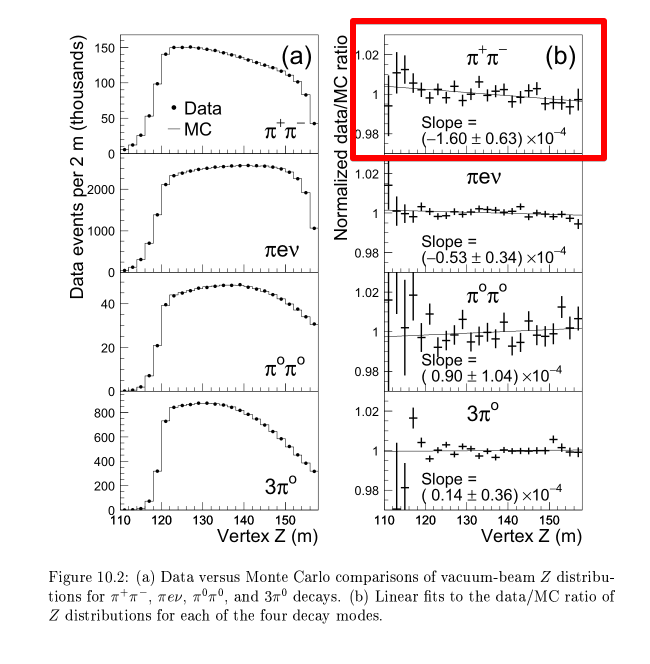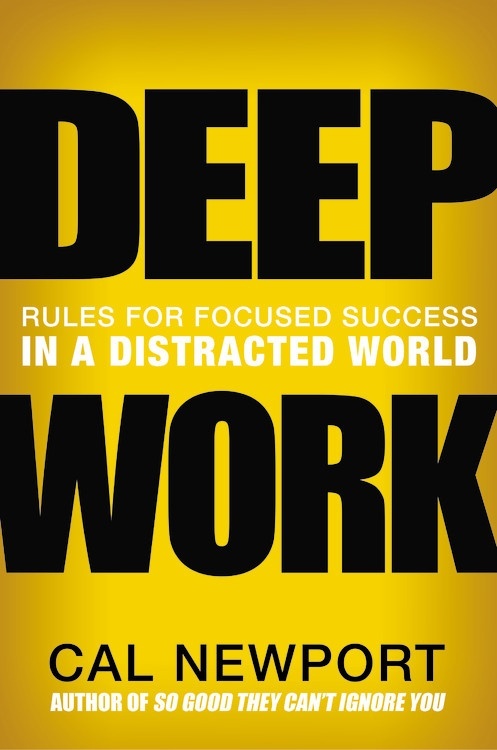TL;DR
“Knowledge workers” don’t actually do much to add value. We push a lot of paper (even though it’s no longer paper). We get distracted easily. And we don’t give ourselves enough time to think. To do any of the deep work that we’re actually paid to do.
This book resonated deeply with me. I come from the world of academia (as does the author), where you are expected to make a contribution to state of human knowledge. That requires deep work. I spent six months trying to determine if the slope of one linear regression was a statistical fluctuation or an underlying systematic effect.
Back then, I didn’t have social media. We didn’t have Slack (hell, I didn’t even use IRC). I had email, but not many folks to talk to. And not to be too Luddite about it, but I think I was smarter back then.
Now we are just distracted. All. The. Time.
This book is an ode to the value of deep work, and a guide to being able to do it. It’s physically hard to do it, and our new world does not seem to value it. We have an attention economy, and those people want to steal your attention.
This book is about how to guard your time and yourself.
That linear regression
In my thesis, and the previous one by Prof. Peter Shawhan, we needed our Monte Carlo simulation to agree with our data. And for a particular run of data, it just did not. The ratios in the second column should have a slope of 0.00 (the data and monte-carlo agree over the range of interest) and any non-zero slope is an error we have to attribute to “systematic uncertainties.” Basically we had to admit that we did’t understand what was going on.

I looked at this plot for the better part of six to nine months of my academic career at Chicago.

